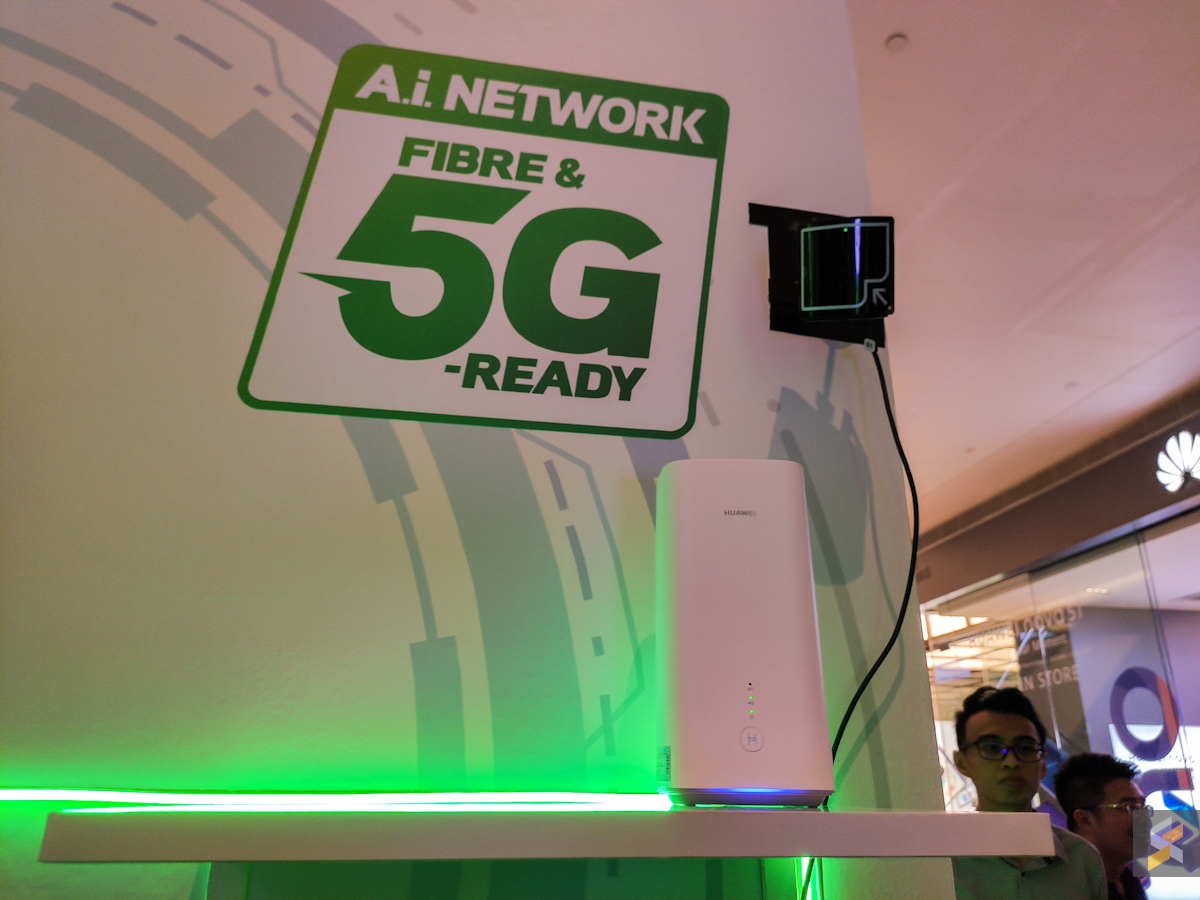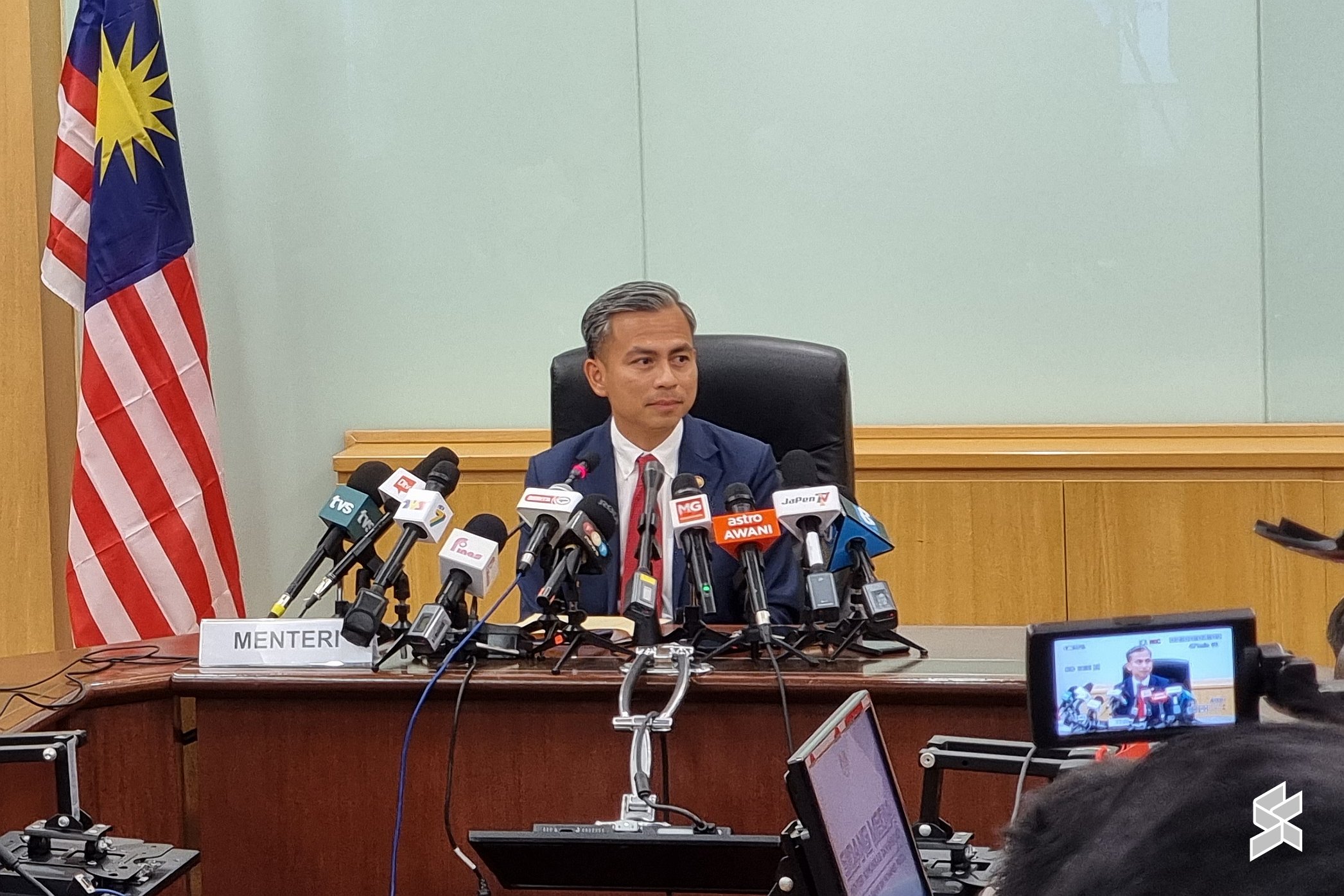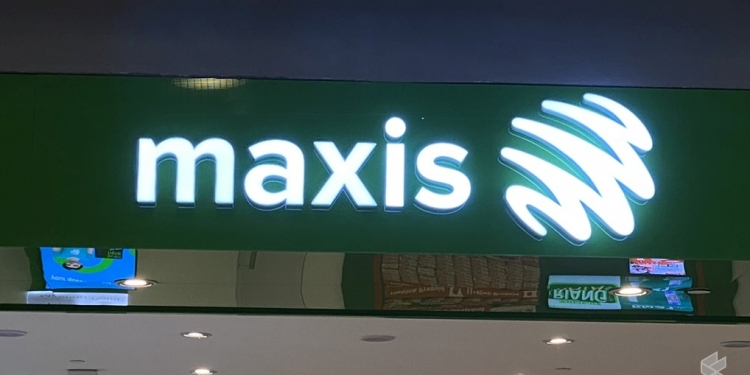Back in November of last year, Maxis announced that they weren’t going to sign up with Digital Nasional Berhad (DNB) for 5G access just yet, despite five other telcos—YTL Communications, Digi, Celcom, Telekom Malaysia and U Mobile—having done so. According to them, they were committed to offering 5G, but were still assessing the governance requirements for the access agreement, and will complete the process by January 2023.
Well, it’s now January, but Maxis has yet to confirm whether or not they’ll be signing up with DNB. The telco has since issued another statement, saying that they will postpone their decision until after the government completes their review into the 5G network implementation policy.
“The Government has since announced that it will be reviewing the rollout of the national 5G network, and expects that the 5G network implementation policy (“Implementation Policy”) will be tabled before the Cabinet by the end of the first quarter of 2023.
Accordingly, the Board of Directors of Maxis believes it is prudent to postpone the seeking of shareholders’ approval until after the Implementation Policy is finalised,” – Maxis statement

This delay in their decision appears to revolve around the new government’s reassessment of the current 5G deployment through a single wholesale network. For context, following the change in Putrajaya, Prime Minister Anwar Ibrahim claimed that the current 5G deployment plan will need to be reevaluated as it was allegedly not done in a transparent manner with no tender being done.
Communications and Digital Minister Fahmi Fadzil then added that the government would be reassessing the current 5G rollout. He added that the government expects to complete the review by March of this year, while also assuring the the current rollout by DNB would not be interrupted.

As such, Maxis too will be delaying their decision on joining DNB’s 5G access plan again until the government’s review is complete. Only once the review is done will Maxis then seek their shareholders’ approval to enter the access agreement with DNB. The telco added however that they remain committed towards realising Malaysia’s digital ambitions, stating that they believe in the benefits 5G will bring to businesses, customers and the government in strengthening Malaysia’s competitiveness in the region.
With the government reviewing the current 5G rollout plan, it could be possible that DNB remains as the sole wholesale network provider for 5G in Malaysia if they find that the plan was done in a satisfactory manner. Alternatively, the government could also consider allowing a second wholesale network to exist in Malaysia as competition for DNB, or to directly assign spectrums to the telcos. Last year, the four major telcos—Digi, Celcom, Maxis and U Mobile—had already proposed the creation of a second 5G network formed by a consortium of telcos. They claimed that the new 5G wholesale network would leverage on their capabilities, existing resources such as infrastructure and supply chain, as well as the experience of the thousands of Malaysian technical talents employed by them.
At the moment though, DNB remains the sole provider for the 5G network in Malaysia, as it’s been given the 700MHz, 3.5GHz and the 26/28GHz spectrum for 5G services. Meanwhile, other mobile network operators are not able to roll out their own 5G network, following the previous government’s decision to revoke the technology neutrality of the existing spectrum. Under DNB’s 5G rollout plans, they claim to have reached a population coverage of 47.1% for 5G so far in Malaysia, with over 97% coverage of populated areas in Kuala Lumpur and Putrajaya.








